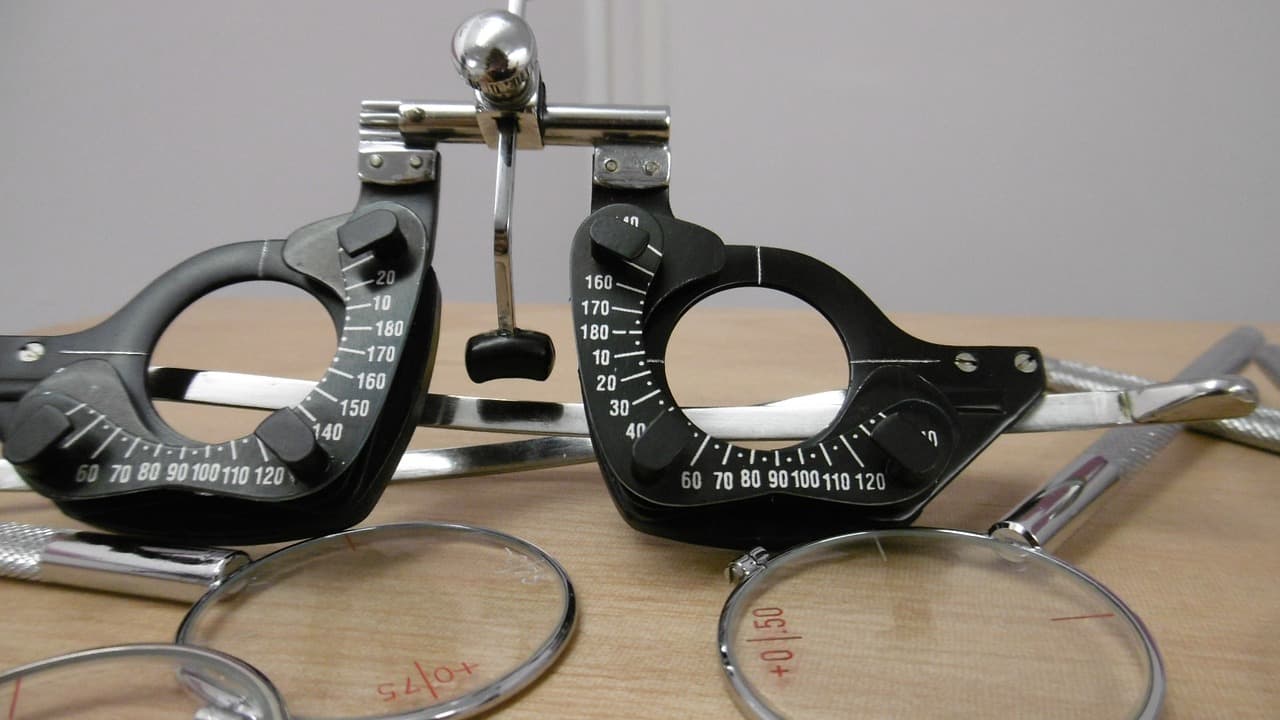Delayed diagnosis of eye conditions can have devastating consequences, leading to irreversible vision loss and a significant impact on an individual’s quality of life. In the UK, when such delays occur due to medical negligence, individuals may be entitled to pursue negligence claims to seek compensation for their losses. This article delves into the complexities of delayed diagnosis, the framework for negligence claims, and the steps involved in pursuing such claims in the UK.
The Impact of Delayed Diagnosis
Early detection and treatment are crucial in managing eye conditions effectively. Unfortunately, delays in diagnosis can occur due to various reasons, such as misinterpretation of symptoms, inadequate examinations, or failure to refer patients to specialists promptly. The consequences of such delays can be severe, including:
- Progression of the disease: Many eye conditions, such as glaucoma and macular degeneration, are progressive in nature. Delays in diagnosis allow the disease to advance, potentially leading to irreversible vision loss or requiring more extensive treatment.
- Reduced treatment options: Early intervention often offers a wider range of treatment options, including medications, laser therapy, or surgery. Delayed diagnosis may limit these options or render them less effective.
- Psychological impact: The uncertainty and anxiety associated with delayed diagnosis can take a toll on an individual’s mental health, leading to depression, anxiety, and decreased quality of life.
Understanding Medical Negligence
In the UK, medical negligence occurs when a healthcare professional breaches their duty of care towards a patient, causing them harm. To establish negligence in a delayed diagnosis case, the following elements must be proven:
- Duty of care: The healthcare professional owed a duty of care to the patient.
- Breach of duty: The healthcare professional’s actions fell below the accepted standard of care.
- Causation: The breach of duty directly caused the patient’s harm.
- Harm: The patient suffered a quantifiable injury or loss as a result of the negligence.
Grounds for Negligence Claims
Several scenarios can give rise to negligence claims related to delayed diagnosis of eye conditions:
- Misdiagnosis or failure to diagnose: This occurs when a healthcare professional fails to identify an eye condition despite the presence of symptoms or misinterprets the symptoms, leading to a delayed diagnosis.
- Failure to refer: If a healthcare professional fails to refer a patient to a specialist for further investigation or treatment in a timely manner, it can constitute negligence.
- Inadequate examination or testing: Failure to conduct thorough examinations or order appropriate tests can result in a missed or delayed diagnosis.
- Failure to follow up: If a healthcare professional fails to follow up on test results or monitor a patient’s condition adequately, it can lead to a delayed diagnosis.
Pursuing a Negligence Claim
If you believe you have suffered harm due to a delayed diagnosis of an eye condition, you may be able to pursue a negligence claim. Here are the general steps involved:
- Seek legal advice: Consult a solicitor specialising in medical negligence to assess the merits of your case and guide you through the legal process.
- Gather evidence: Collect all relevant medical records, test results, and any other documentation related to your case.
- Obtain expert opinions: Expert medical opinions are crucial in establishing the standard of care and demonstrating how the healthcare professional’s actions fell below that standard.
- Negotiate a settlement: Your solicitor will attempt to negotiate a settlement with the healthcare provider or their insurer.
- Litigation: If a settlement cannot be reached, your solicitor may initiate court proceedings to pursue your claim.
Time Limits and Compensation
In the UK, there is a general three-year time limit for bringing a negligence claim. However, there are exceptions for children and individuals with mental incapacity. The amount of compensation awarded in a successful claim will depend on the severity of the injury, the impact on the individual’s life, and any financial losses incurred, such as loss of earnings or the cost of future care.
Making a Medical Negligence Claim with National Claims
At National Claims, we understand the devastating impact that medical negligence can have on your life and the lives of your loved ones. If you believe you or a family member has suffered harm due to substandard medical care, such as misdiagnosis, surgical errors, medication errors, or delayed treatment, we are here to help you by connecting you with a solicitor from our panel who will be able to assess your case.
Free Consultation
We recognise that every medical negligence case is unique, and we’re here to offer you a free, no-obligation consultation to discuss your specific situation. During this consultation, we’ll listen attentively to your experience, and assess the potential strength of your claim. Our team will then connect you with a qualified solicitor from our panel who specialises in medical negligence claims, ensuring that you receive the expert legal representation needed to pursue your case effectively.
*Customers pay up to 25% (incl. VAT) of the amount recovered towards solicitor costs and if you cancel outside your cooling off period, you may be charged a fee.
Contact us today to speak to one of our claims agents who will be able to help you get started on your claim.
Click below to see why we are one of the most trusted claims management companies in the UK.

We’re proud of our excellent customer reviews
We thrive on delivering exceptional service and ensuring our clients’ satisfaction. Don’t just take our word for it. Check out some of our independent reviews to see what our clients have to say.
Excellent

This firm is excellent, they sorted out my car pay out and injury claim very fast, they always communicate with you all the time.

My accident case was dealt with confidence and with great result of the outcome, especially James kept me informed all the time.

I was very impressed at the way my inquiry was treated. I was listened to attentively and everything I needed to know was explained to me.






